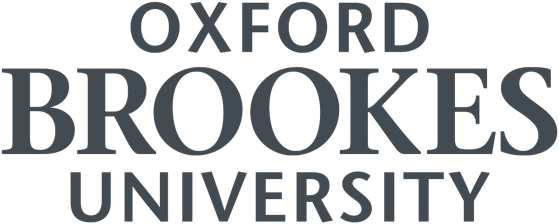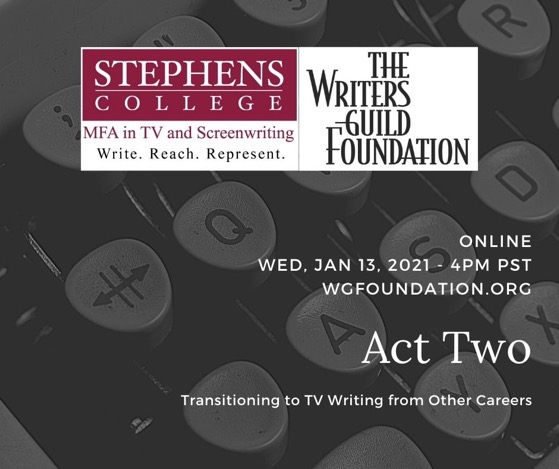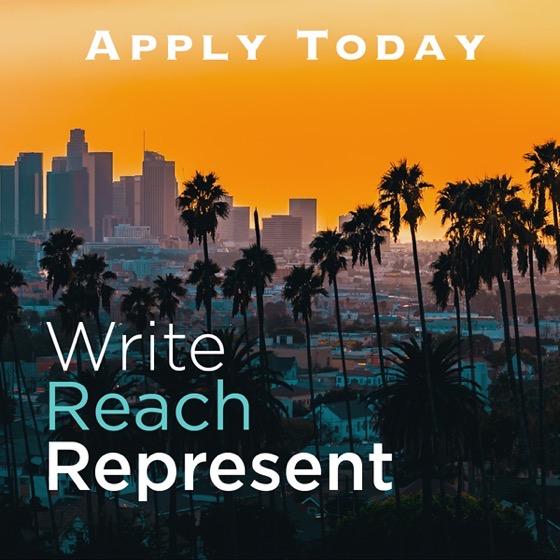Journalist Alexis Schwartz contacted me a few weeks ago to be interviewed for an article she was writing about female writers in Hollywood on the eve of hoping a woman would win this year’s Oscar for Best Screenplay.
Alexis noted, teenagers entering high school this fall would never have seen a female win in that category since the last win was 13 years ago (Diablo Cody for Juno). Happily, Emerald Fennell did win – for Promising Young Woman. Then Chloe Zhao won for directing Nomadland. Yet notice how in the Chloe Zhao descriptions no one calls her the writer-director of Nomadland even though she adapted the book. They only call her the director – though she did both important tasks on that now Academy Award-winning film. So there is still much work to be done for writers to be recognized on an equal level.
We had so much fun talking and there was so much to say that it’s no surprise something got mixed up. The initial published version of the story reported that Eve Unsell was Cecil B. deMille’s mother – but that was playwright, Broadway producer Beatrice deMille who had hired Unsell after reading one of her short stories and therefore began Unsell’s career as one of Hollywood’s earliest writer-producer-directors – and as the woman who taught Hitchcock how to direct. Read the article to learn more. And then read our book – When Women Wrote Hollywood – to learn more about the important work women have been doing since the founding of the film industry.
As Alexis and I noted during the interview – we really could talk about this all day – and look – how wonderful for both Fennel and Zhao to win that night.

A Woman Hasn’t Won a Writing Oscar in 13 Years. That Could Change on Sunday by Alexis Schwartz
The 2007 Academy Awards’ futuristic stage was adorned with three large pillars—some 25 feet in diameter—superficially holding up the Dolby Theatre. Within the stage’s center, an equally large Oscar statue loomed over the diminutive presenters like a god demanding hecatomb. Throughout the evening, celebrities weaved through the stage, including winners Alan Arkin, Helen Mirren, Forest Whitaker, and Martin Scorsese, the latter of whom’s cop-and-mob film The Departed (2006) would go on to win four statues that evening. But something happened in the middle-pack of the awards—more “popular” than sound editing, less “popular” than original score —an unsuspecting former exotic dancer and first-time screenwriter, Diablo Cody, won Best Original Screenplay for her freshman film, Juno.
[…]
Writers such as Jeanie MacPherson, who wrote most of the profitable films credited to director and Hollywood tycoon Cecil B. deMille, have been all but forgotten. Meanwhile, deMille is described as “a founder of the Hollywood motion-picture industry” and is the namesake for the Cecil B. deMille Award of Excellence presented annually at the Golden Globes. Paradoxically, deMille’s mother, Eve Unsell, who taught Alfred Hitchcock everything he knew was later regarded as an erasable footnote by Hitchock himself. She was left uncredited in his memoir—only to be known as “a middle-aged woman.” Even worse, these titans set a precedent by often discrediting writers’ work during interviews. This became standard practice—if the writer was mentioned at all. “The [director-ownership model] destroyed writers, even great men, like Preston Sturges [the first-ever winner of the Academy Award for Original Screenplay], had to become directors to protect their words and characters,” Rosanne Welch, PhD, screenwriting historian and former Beverly Hills 90210 writer says. “No one was safe.”
[…]

![Have questions about the craft and/or business of screenwriting for film and TV? Drop them in the comments! via TikTok [Video]](https://rosannewelch.com/wp-content/uploads/2021/04/rmw-ask-me-questions-tt.gif)
![Dr. Rosanne Welch Presents “Female Creatives & A Star Is Born” [Video]](https://rosannewelch.com/wp-content/uploads/2021/03/rmw-women-creatives-star-is-born-usc.jpg)





![Watch Dr. Rosanne Welch on What Is a Western? Interview Series: When Women Wrote Westerns from the Autry Museum of the American West [Video] (27 minutes)](https://rosannewelch.com/wp-content/uploads/2021/01/rmw-autry-interview-w3h-20210122.jpg)
![Dr. Rosanne Welch Hosts “Act Two: Transitioning to TV Writing from Previous Careers” for the WGA Foundation [Video]](https://rosannewelch.com/wp-content/uploads/2021/01/wga-2021-transitioning.jpg)
![“Let us simply celebrate good television” and Bridgerton [Opinion]](https://rosannewelch.com/wp-content/uploads/2021/01/bridgerton_102_unit_02026r_wide-49ad8217ad7c4ad71acc07e93e04f3a428320888-s800-c85.jpg)


